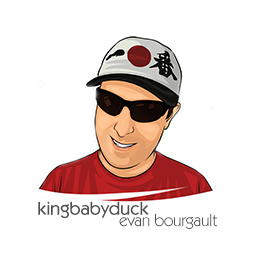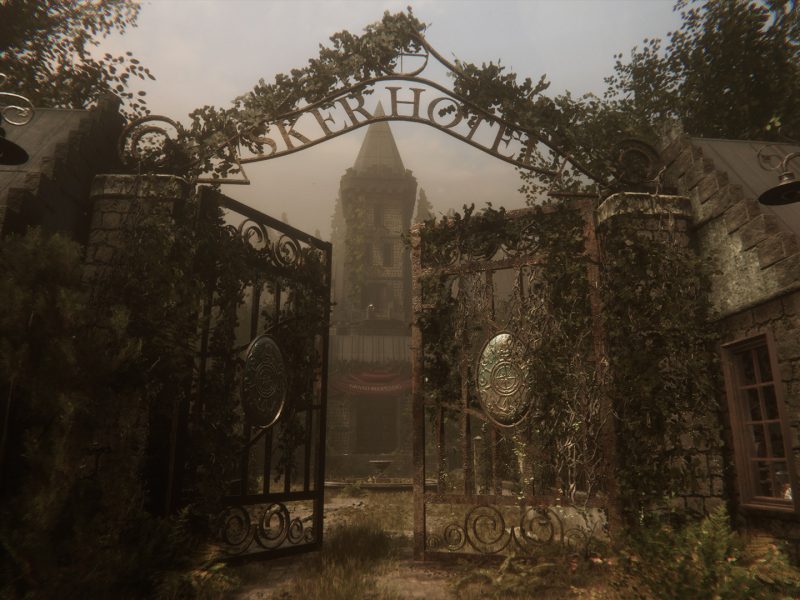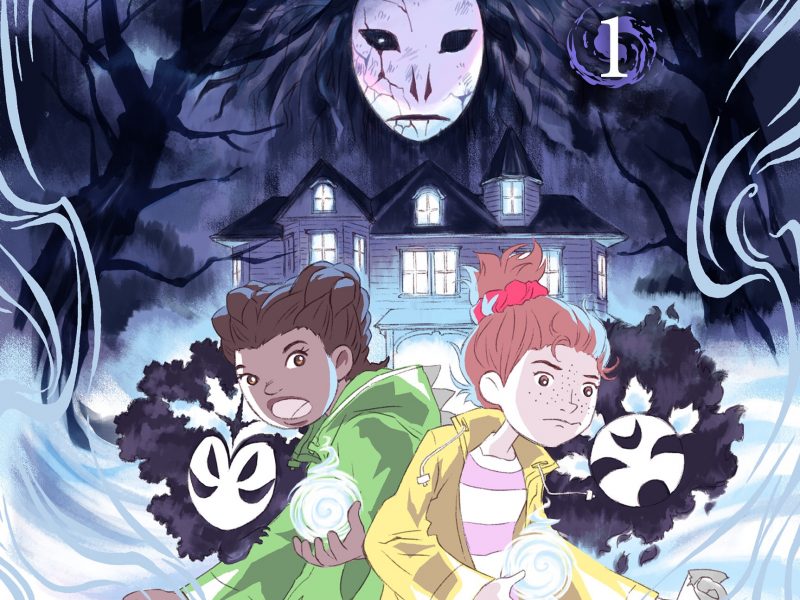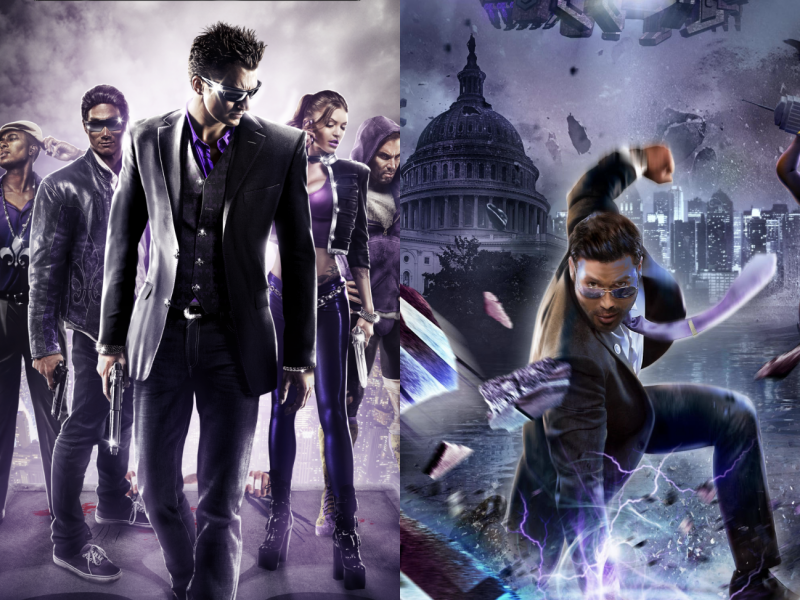Nobuo Uematsu: A Fantasy Come True (Part One)
Nobuo Uematsu is calm and relaxed sitting in front of the people of the press. With his trusty translator Geoff Tebbetts by his side the man responsible for every great Final Fantasy soundtrack -- as well as the music from the Crono Trigger series -- seemed ready as can be to take questions from people who weren’t just journalists, but also large admirers of his work. His face was still beaming from the day before, where he performed with the Video Game Orchestra as a surprise guest in front of thousands of his fans. Who knew over twenty-five years ago that this man’s then-8-bit music would inspire millions of people, as well as performed by a hundred-piece orchestra. However as a child Uematsu didn’t see composing in the cards.
“I’m not sure if I wanted to be a composer all the time,” said Uematsu, “but I wanted to be a pro wrestler,” citing New Japan Pro Wrestling founder Antonio Inoki as a big influence in his childhood.
Nobuo Uematsu first started working with Squaresoft in 1985, when he composed the soundtrack to the game Genesis. It wasn’t until a year later, though, when he started working on the first Final Fantasy game, which saved Squaresoft from going bankrupt.
“It was around 1986 when I first started getting involved with Final Fantasy at Squaresoft,” said Uematsu. “It wasn’t any sort of area where there was a demand to create . The programmers were the ones that decided what sort of simple music to involve. Basically it wasn’t a period in time where there were specialized composers who made video game music. For famous composers there wasn’t any value towards creating video game music. For someone like me that didn’t have a name at that time it was very easy for me to get into the business of composing video games. I had wanted to compose for movies, but for someone that was as young and novice as me didn’t really have the opportunity to get into it; so software music was somewhere easier that I could get into.”
With the rise of popularity of 8-bit (or chiptune) music in our generation many fans of Uematsu are currently clamoring for some of his earlier work to be released, including the soundtrack to Square’s Tom Sawyer. However there has been nothing but difficulty in regards to getting these released. “There was a plan to do it,” said Uematsu, “but in some cases -- such as with the Aliens game soundtrack -- [the files] don’t exist anymore.”
When it comes to composing music today in comparison to the past Uematsu claims that difficulties lie within both time periods. “Back then there were lesser choices for how to do it with rock or orchestral,” said Uematsu. “Nowadays the difficulty is more in the terms of there being so many choices in how to produce music and in what style you’d like to go with.” In regards to the current chiptune trend, Uematsu feels indifferent to it. “I know that it’s popular, but I feel that 8-bit doesn’t sound as natural as those that come from [orchestras and rock bands]. I like both styles, but if I was to compare it with cooking you have the ingredients that were available then and the ones available now. I feel that the dish that comes out is appropriate for its time. By using those three sounds used to make 8-bit you can still create many different sounds from that.”
Uematsu finds inspiration from many things in the past, from the music that he’d listen to on occasion to the movies he went to see. “I don’t really have a solid inspiration,” said Uematsu. Just don’t expect him to sit down and watch the latest Jason Statham film. “I haven’t seen many action movies. I think they’re pretty much all the same. Even if you have two different action flicks, if you switched their soundtracks they’d still sound the same.” After a quick pause, Uematsu muttered, “Don’t say to Hollywood,” before letting out a big laugh. “I’m a bigger fan of dramatic movies.” “I like to be moved by the sound from those films.” He names the 1999 film October Sky as one of his personal favorite. Also he added that he wanted to compose the soundtrack for Avatar, “especially the battle and ending scenes,” showing that, like anyone, he still loves to dream big. “It was almost a good movie, except for the last couple scenes. I might buy it…but I might just wait for it to come out on cable TV.”






